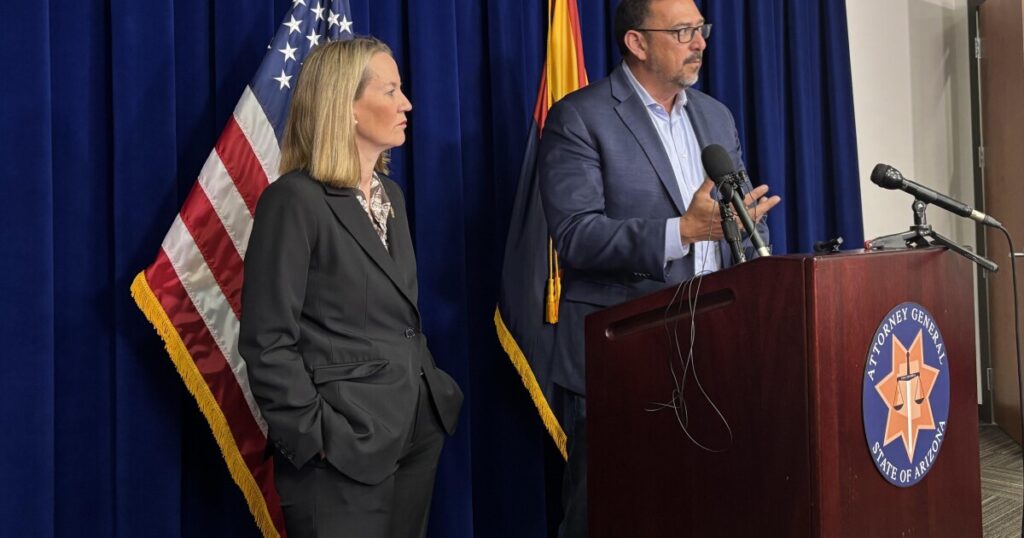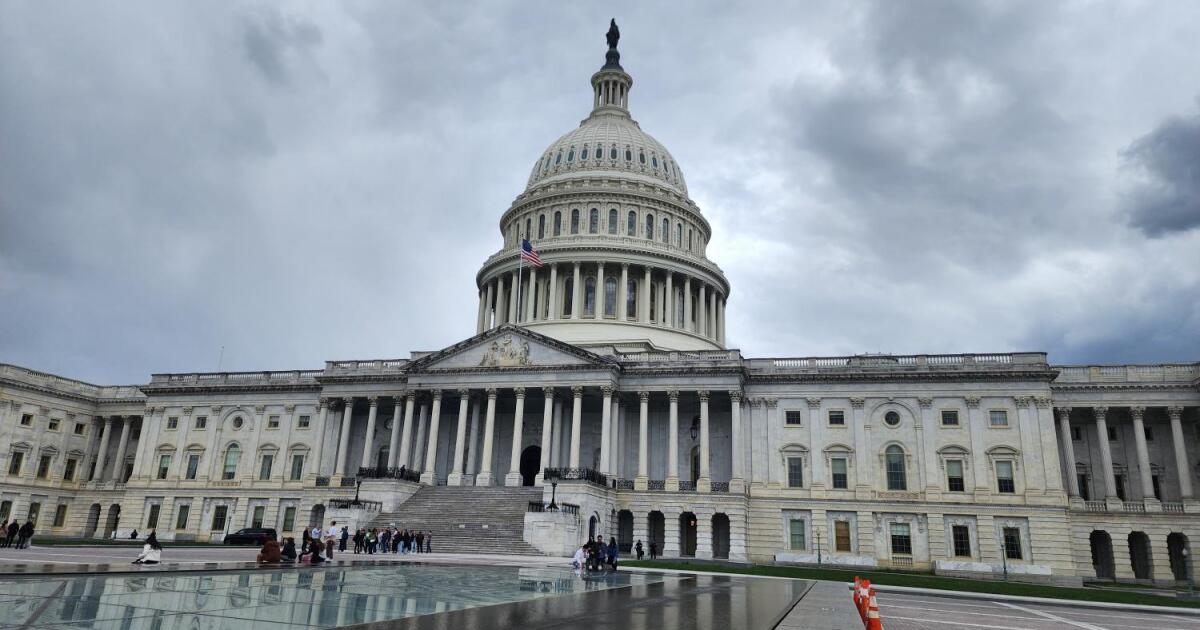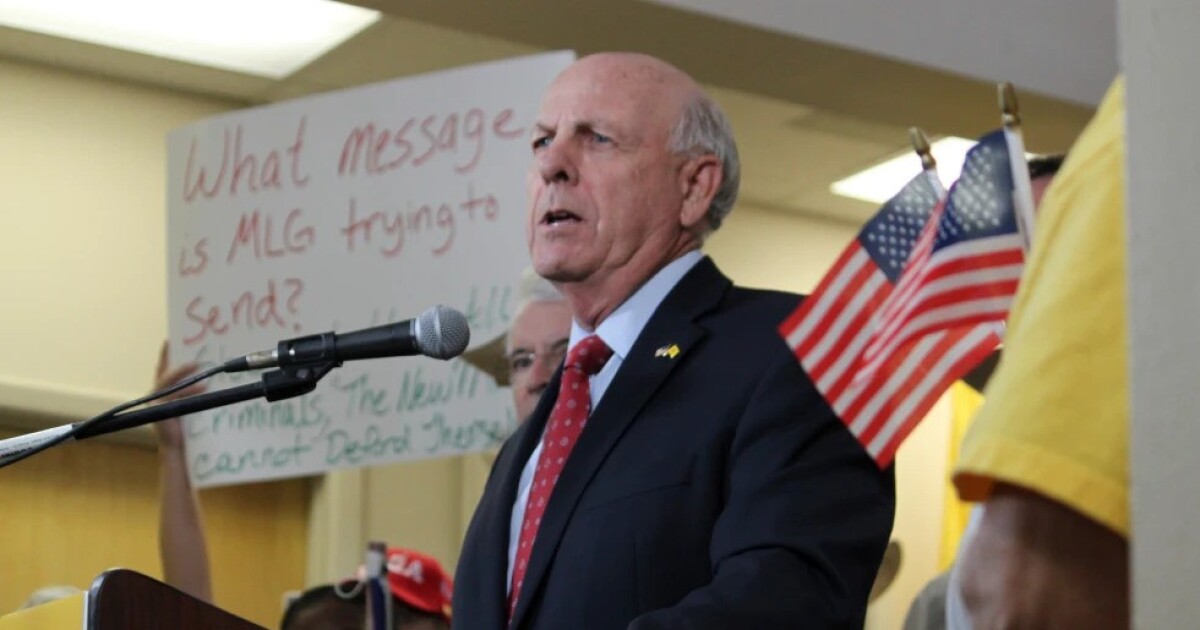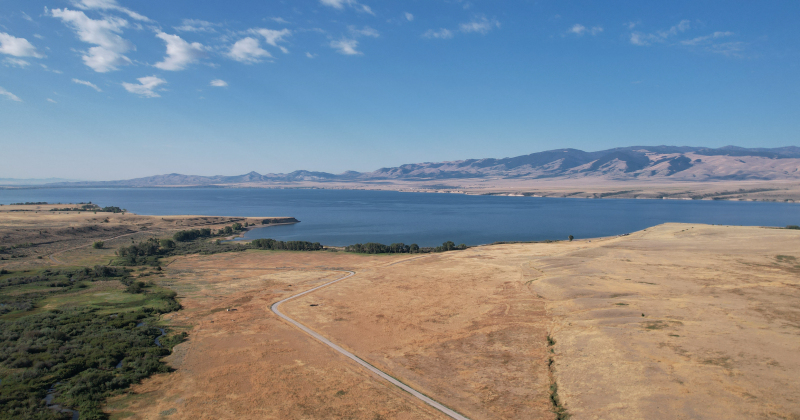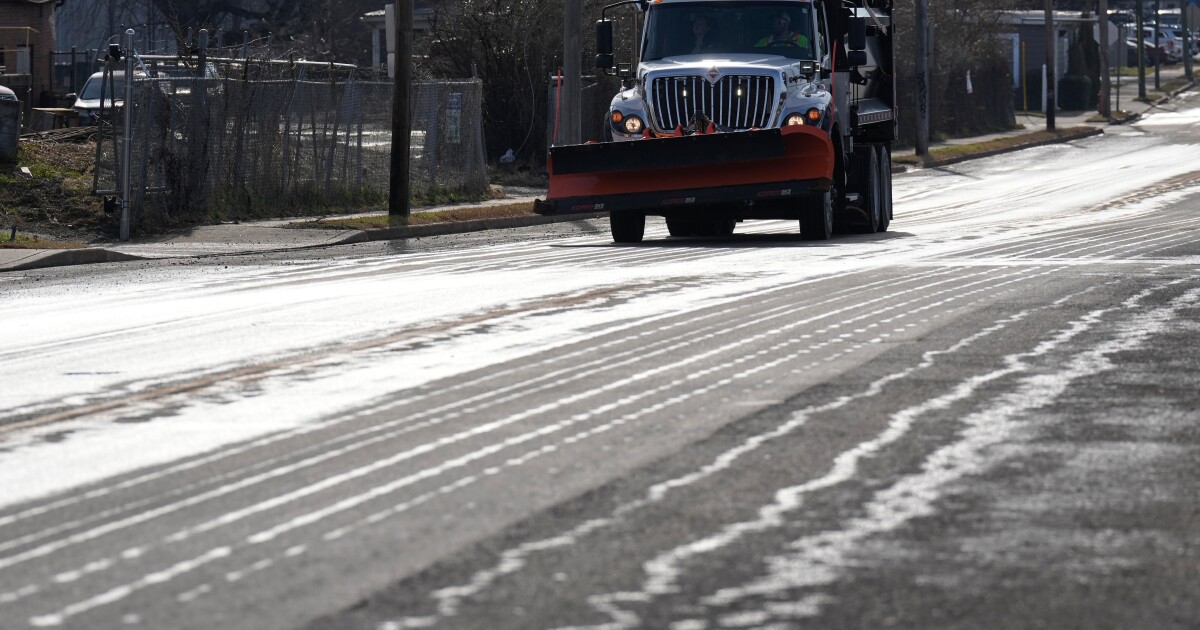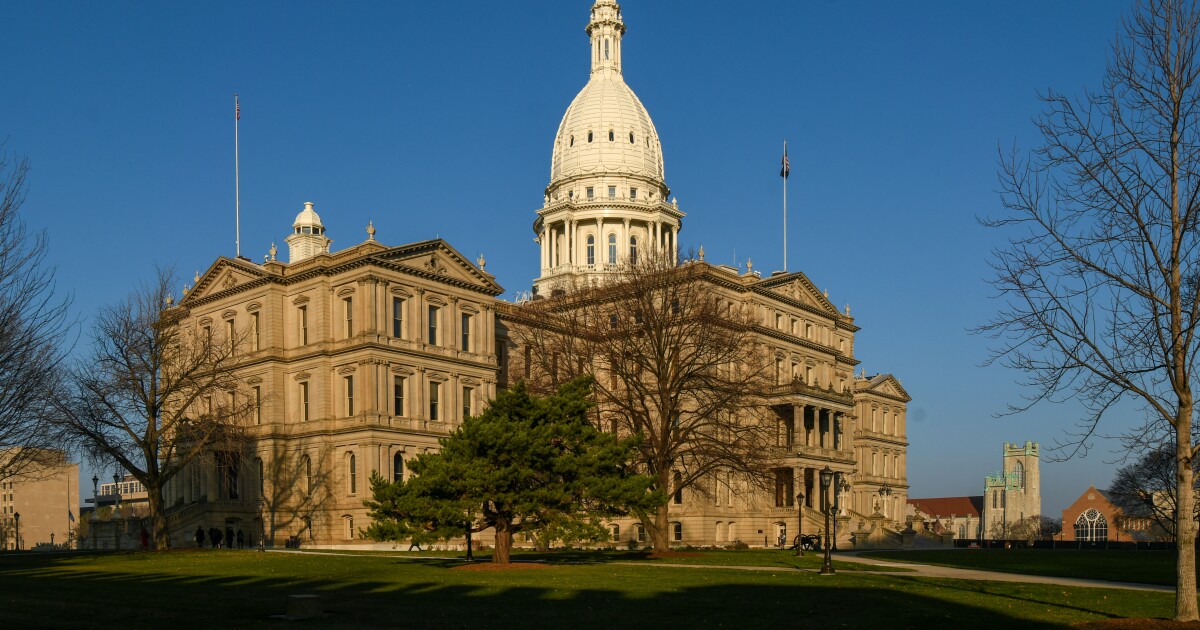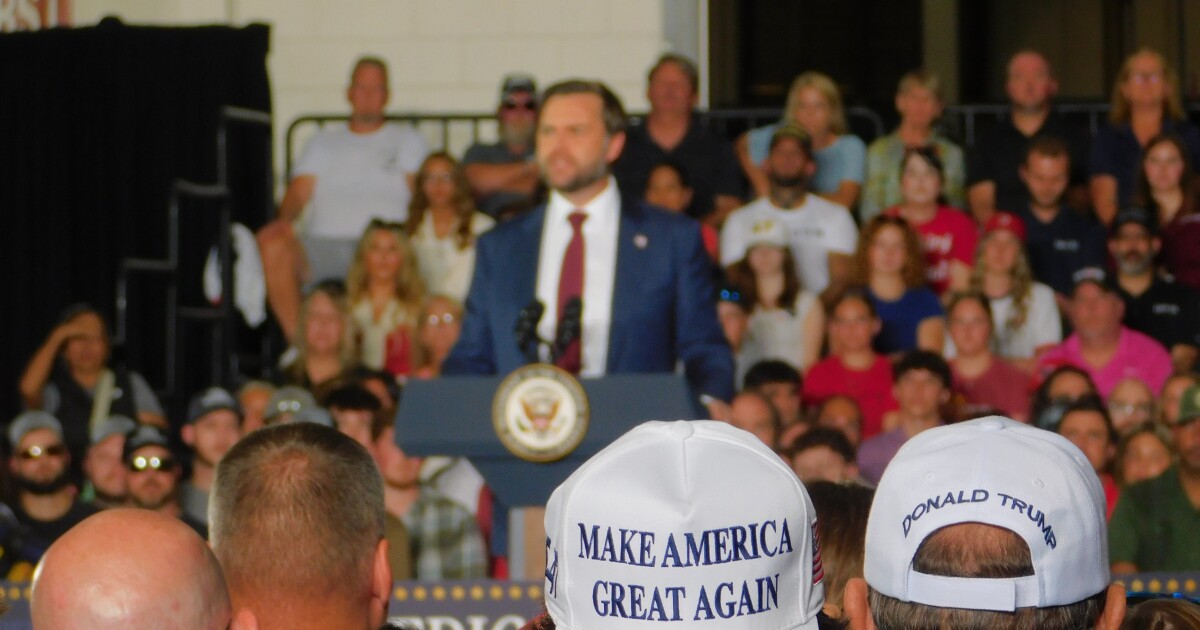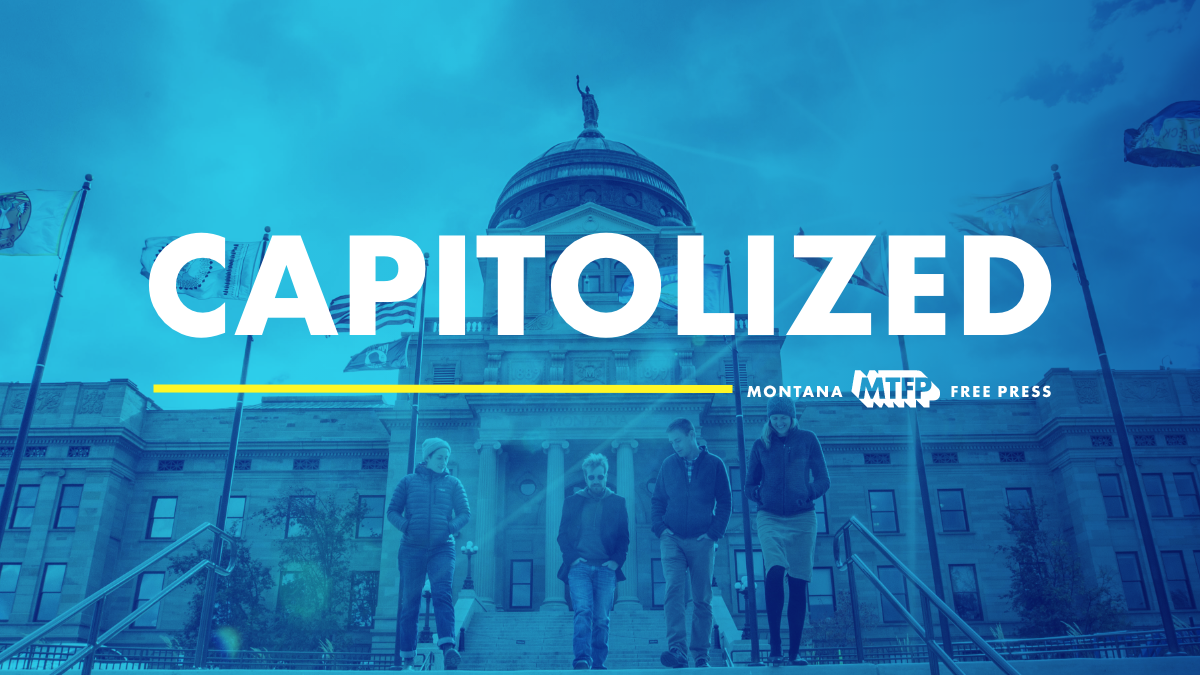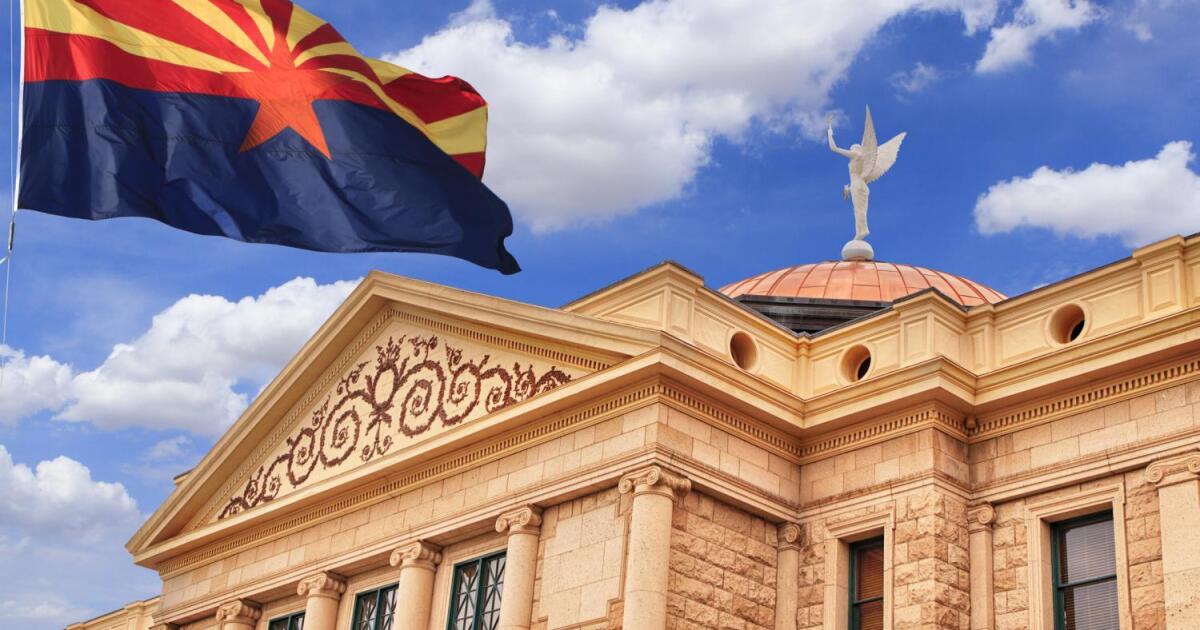Controversial Executive Order Sparks Legal Battle Over U.S. Election Procedures
An executive order signed by President Donald Trump has ignited a legal confrontation involving Arizona and 18 other states. The order, which proposes extensive changes to the country’s election systems, has prompted Arizona to join a lawsuit challenging its legality.
President Trump’s directive requires documented proof of citizenship for voter registration and threatens to withhold federal funds from non-compliant states. The order has faced backlash, with Democratic attorneys general, including Arizona’s Mayes, arguing that it oversteps presidential authority.
“But nowhere, absolutely nowhere, does the Constitution give the president or the executive branch any independent power to modify the state’s procedures for conducting federal elections,” asserted Mayes, highlighting the constitutional grounds for their opposition.
The legislative landscape is further complicated by the SAVE Act, a bill under consideration in Congress that seeks to enshrine the proof of citizenship requirement into federal law. However, its prospects remain uncertain, as reported by NPR.
Arizona currently mandates proof of citizenship for voter registration, but a federal court previously ruled this does not apply to federal elections. The executive order could still impact Arizona voters by restricting acceptable documentation, excluding birth certificates and tribal IDs, which are presently valid under state law.
Arizona Secretary of State Adrian Fontes expressed concern over the potential impact on Native American voters, particularly those in rural areas. “We know how to maintain these voter rolls,” Fontes emphasized. “Now, all of a sudden apparently, the president of the United States doesn’t understand how these things work,” he added.
The executive order also proposes not accepting absentee ballots received after Election Day, a move that Arizona’s Mayes warns could disenfranchise voters. Although Arizona requires ballots to arrive by 7 p.m. on Election Day, it allows time post-election for verifying signatures, a process that might be hindered by the new order.
Additionally, the order demands extensive information-sharing between federal agencies and state election officials to identify non-citizens on voter rolls. This includes coordination with entities like Elon Musk’s DOGE, raising concerns about voter information security.
“Such sweeping changes to interconnected databases are a huge undertaking; they require time, money, and significant people power,” the lawsuit contends. Fontes echoed these concerns, stating, “I can tell you right now I don’t want Elon Musk and his crew of incompetents taking those voter rolls away from our office.” He stressed the need to protect Arizona’s voter information.
Despite the executive order’s intent to enhance election security, critics like Fontes argue it could have the opposite effect. “Consolidating these information, consolidating these systems into one makes them, by very definition, weaker,” he said, noting the strength of the current decentralized election system against foreign interference.
This legal challenge, lodged in a Massachusetts federal court, seeks to have the executive order declared unconstitutional and its implementation blocked. The ongoing debate over election security and state versus federal authority continues to unfold, with significant implications for the future of U.S. elections.
—
Read More Arizona News

